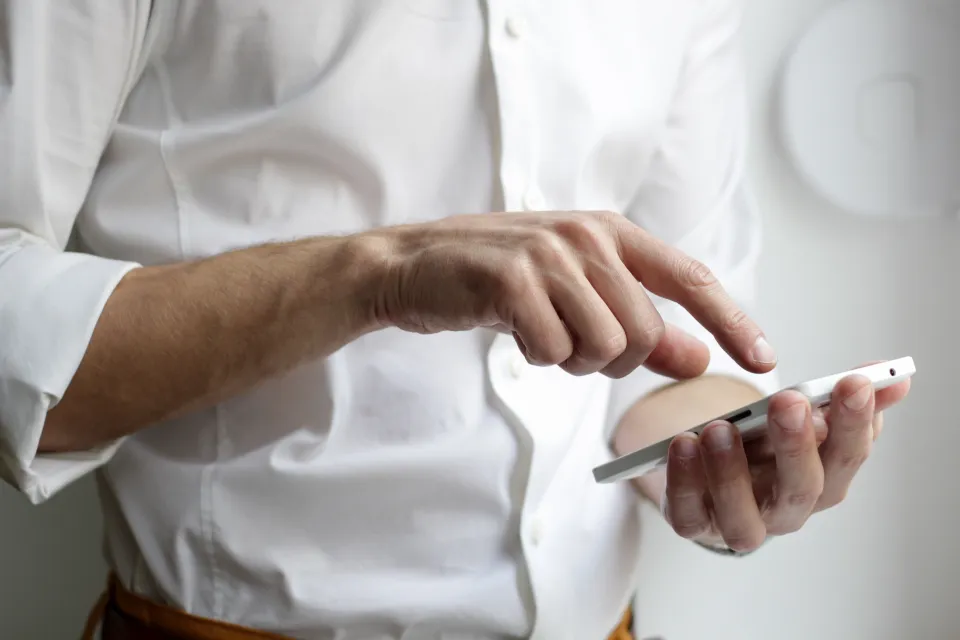Table of Contents
From the first strange movement in your account, report it
In recent years, online banking has become increasingly popular. The closure generated by the coronavirus pandemic was a further impetus for banks to perfect their applications for better account management. However, despite technological advances for greater protection, hacking threats are latent.
The Federal Bureau of Investigation ( FBI ) reported that the coronavirus pandemic is causing more people to use banking applications instead of going to branches, and this could be a source for scammers and hackers as seen with the increase in threats. of cybersecurity against these applications.
What you need to know about app hacking
Security systems for online banking are becoming more and more up-to-date for account protection. Despite best efforts, there are two common ways hackers can access a bank’s app:
- A Trojan : This is malicious code on your actual device that it can detect when you download another app, like a game or tool. When you open your banking app, the malicious code creates a fake login page for the banking app and steals your information. Now the scammer has access to your bank account.
- A fake mobile banking app: Another concern is that some cybercriminals create fake apps. You download what you think is your bank’s app, but it’s fake and steals your information.
- Public Wi-Fi: When you connect to the internet on a public network, some apps may run in the background, sending data along with it. Even if you’re not using your banking app, this could give hackers the ability to see frequently used usernames or other sensitive information. And, if you use a WiFi network that has been hacked, scammers can send traffic to fake sites instead of real sites, leading to the same problems listed above.
What to do if your banking app was hacked
When you realize that your banking app has been hacked, either by any of the above means or because you see suspicious actions on your account, you need to act as quickly as possible. Call your bank and report these fraudulent movements. You have about 60 days to notify your bank, if you do not want to bear 100% responsibility for the deceptive activity.
We are not going to deceive you, it is most likely that you will have to close your hacked account and open a new one. There will be a lot of issues with this move in terms of the series of scheduled payments you have linked to your account. But if your banking app was hacked and scammers have access to your account information, you should continue with this recovery process.
DoughRoller recommends that you check your phone or mobile device for malware. If your banking app is hacked, it is very likely that your smartphone is infected. Remember, your phone is a computer. You may need to delete everything and start over. Back up important items like contacts and pictures before you continue.
Once you’ve restarted your devices and reported the problem with your bank account, change the password for your banking apps and any other types of accounts like social media. Start over, but now be more careful about using your device and accessing deceptive sites or public networks so you don’t run into this problem again.
